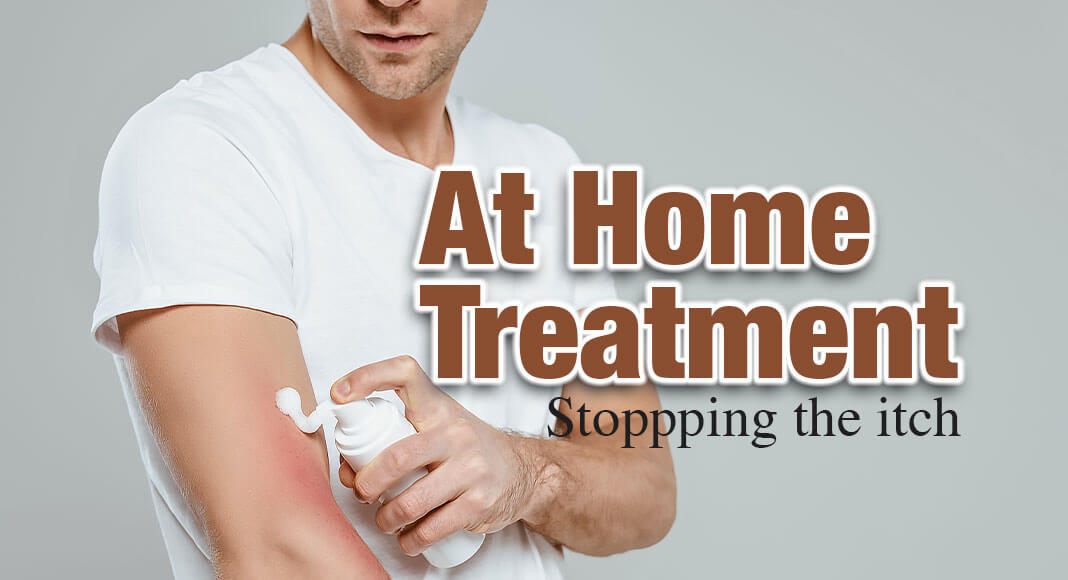
Mega Doctor News
By American Academy of Dermatology
Newswise — ROSEMONT, Ill. — Eczema, or atopic dermatitis, is a common skin condition affecting 1 in 10 Americans. Patients with eczema often experience itchy, dry, raw, and sensitive patches of skin, which greatly impacts their quality of life.
“Eczema can be very bothersome and challenging for patients,” said board-certified dermatologist John Browning, MD, FAAD, assistant professor at Baylor College of Medicine in Houston. “While eczema cannot be cured, proper treatment can control it. Since everyone’s skin is unique, a board-certified dermatologist can help each patient develop an effective self-care and medical treatment plan to manage their eczema.”
To relieve discomfort from eczema, Dr. Browning recommends that patients follow these tips.
Moisturize your skin after bathing and when your skin feels dry. Use a cream or ointment instead of lotion, which contains more oil to leave your skin more hydrated.
Choose “fragrance-free” products. Fragrance can cause eczema to flare. When choosing skin care products, laundry detergent, and other products, choose ones that say “fragrance-free.” Avoid products labeled “unscented,” as these can contain fragrance that has been covered up.
Test all skin care products before use. Some skin care ingredients besides fragrance can cause eczema to flare. Test new skin care products first by applying them to a quarter-sized patch of skin on the inside of your arm every day for 7-10 days. If your skin is clear after that time, you can use the product.
Take short baths or showers to hydrate your skin. Limit your bath or shower to 5-10 minutes and use warm water. Apply your moisturizer after bathing, when your skin is still damp, to help seal in moisture.
Learn your eczema triggers. Many everyday things can cause sensitive skin with eczema to flare. Common triggers include dust, dry air, pollen, and sunburn. By learning your triggers and avoiding them, you can reduce flare-ups.
Wear the right clothing. Choose loose, 100% cotton clothing to avoid irritating your skin. Remove tags from new clothing, as these can irritate your skin. Before wearing a new outfit, wash it first with fragrance- and dye-free laundry detergent.
Protect your skin from extreme temperatures. Cold temperatures can dry your skin, and hot temperatures can cause you to get overheated and sweat — both of which can cause eczema to flare. Take precautions such as covering skin with a scarf and gloves in the winter and staying cool in the summer.
Watch the video below see how you can help yourself at home:
If you’re unsure how often to bathe, moisturize, or choose products with your eczema, contact your dermatologist.
“Self-care can help control your eczema and help you live more comfortably,” said Dr. Browning. “Dermatologists know what’s causing your skin issue and the best ways to treat it. Let your dermatologist know the self-care tips that are helping you and which ones are not working so they can adjust your medical treatment plan to address those challenges.”
These tips are demonstrated in “7 eczema skin care tips from dermatologists,” a video posted to the AAD website and YouTube channel. This video is part of the AAD’s “Your Dermatologist Knows” series, which offers tips people can use to properly care for their skin, hair and nails.
To find a board-certified dermatologist in your area, visit aad.org/findaderm.












